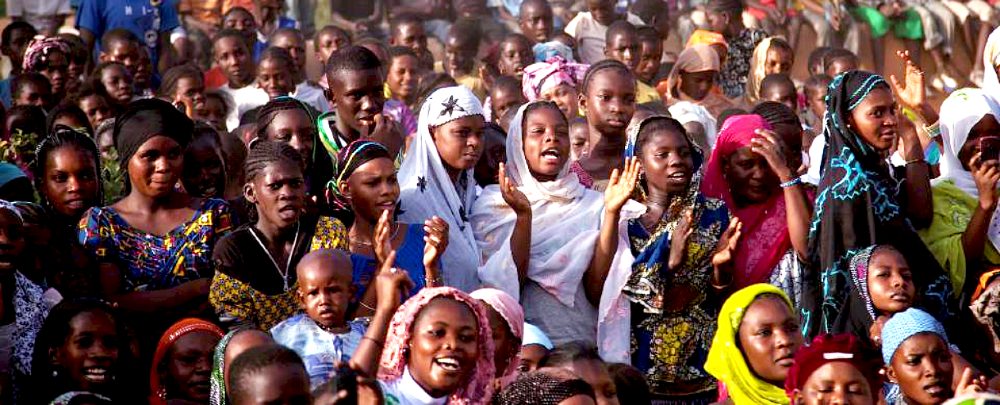
Africa remains the world’s youngest continent with a median age of 19.7 years. By 2050, one in three young people will live in Sub-Saharan Africa. Still, 80-90 percent of African workers are still engaged in the informal sector. Each year, 10-12 million African youth enter the labor market but only three million formal jobs are created annually. Meanwhile, nearly half of all African countries rank in the bottom quartile of Transparency International’s Corruption Perceptions Index. These trends underscore mounting social pressures.
“Most African youth have not chosen the path of violence.”
Faced with staggering youth unemployment and widespread dissatisfaction with the performances of their governments, young Africans are growing restless. This restlessness is manifested in the form of increasing tensions between an entrenched patronage-based, autocratic political leadership and an expanding, increasingly educated and connected cohort of youth demanding reform and greater political openness. In short, starkly different visions of Africa’s future are in motion.
Without a path for reform, youth will despair, and conditions will further deteriorate, possibly leading to more instability and conflict. Yet, most African youth have not chosen the path of violence. Many have been leading the record numbers of protests seen across Africa in recent years. This raises the question of how youth can meaningfully and constructively engage in their countries, pushing for reforms and improved security. Following are some of the existing initiatives instigated and led by young Africans that aim to channel the energy and passion of African youth toward positive impact.
